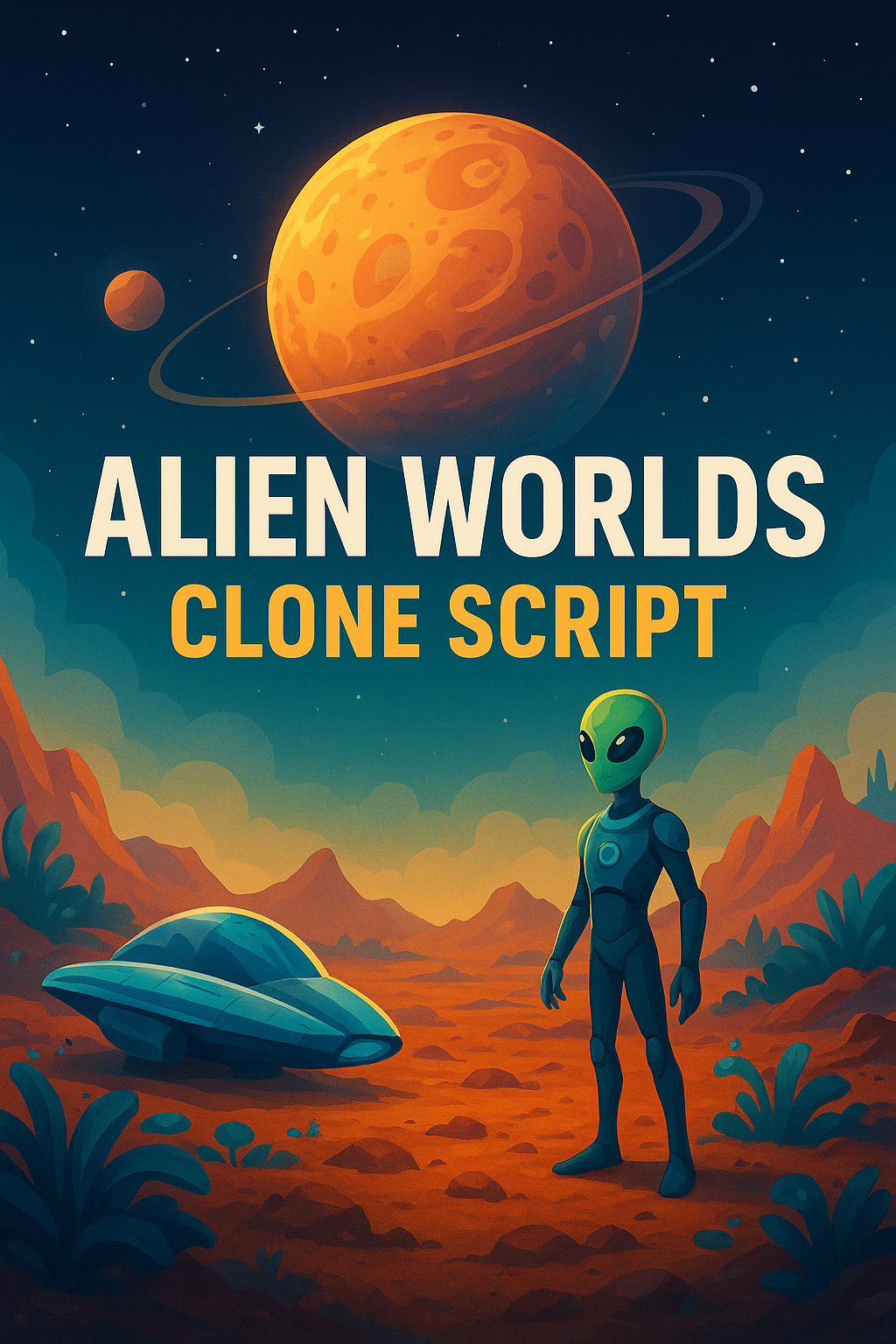
Introduction
The rapid rise of blockchain-based gaming has opened new doors for innovation and monetization. Among these groundbreaking developments, Alien Worlds has emerged as one of the most successful examples of a Play-to-Earn (P2E) metaverse game. It combines exploration, mining, NFT trading, governance, and real-world rewards—all within a decentralized digital universe. This has made Alien Worlds not only popular among gamers but also an inspiring model for startups, developers, and investors.
To replicate this success, many are now turning to Alien Worlds clone scripts—ready-made software solutions designed to mimic the features and functionality of the original game. But how exactly does an Alien Worlds clone script work? Why are businesses so eager to adopt it? This blog explores the core mechanics of the clone script, its business potential, and how it can help enterprises enter the metaverse and Web3 gaming landscape quickly and cost-effectively.
What Is an Alien Worlds Clone Script?
An Alien Worlds clone script is a pre-developed, fully customizable software framework that replicates the features of the Alien Worlds metaverse game. It provides the building blocks required to create a P2E NFT game where players can:
Mine resources
Own and trade virtual land
Earn and stake tokens
Govern in-game regions through DAOs
Collect, buy, and sell NFTs
This script eliminates the need to build the game from scratch, significantly reducing time-to-market and development costs. Clone scripts also offer customization capabilities, allowing businesses to develop a unique brand, game narrative, and economic model on top of proven core features.
Start your P2E journey now with a customizable Alien Worlds clone script.
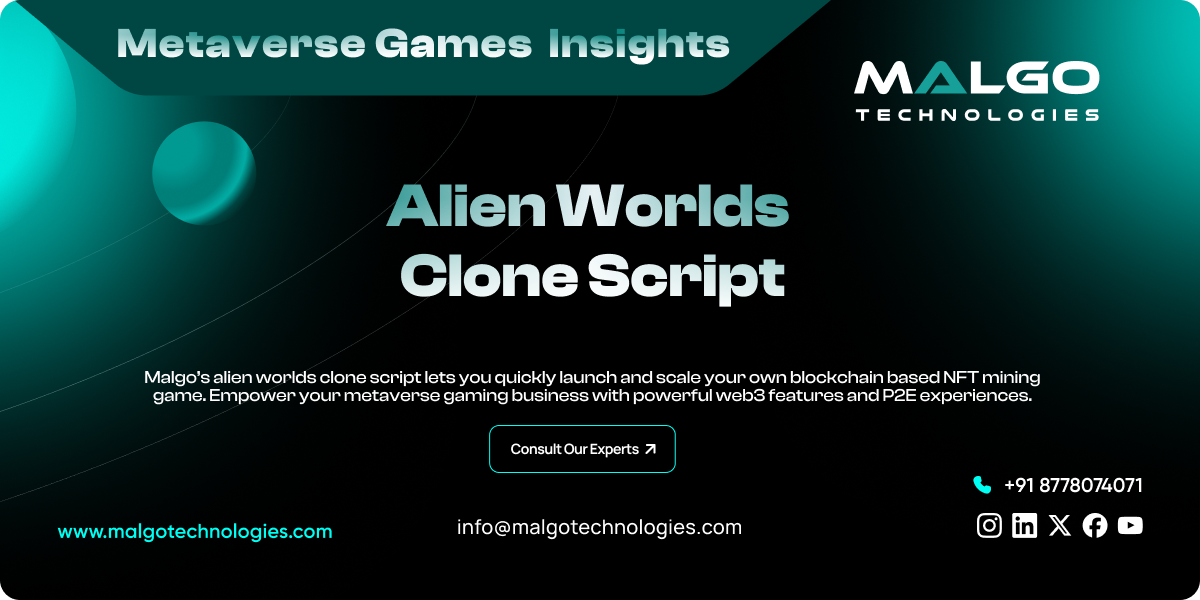
How Alien Worlds Clone Script Works?
To understand how the clone script works, it’s important to look at the various components involved in its functionality.
1. Blockchain Integration
The game is built on blockchain technology—commonly WAX, BNB Chain (BSC), or Ethereum. The clone script includes smart contracts that manage NFT creation, token rewards, staking, and DAO governance. These smart contracts ensure transparency, automation, and decentralization.
2. NFT Asset Management
In the game, players interact with NFT assets such as tools, avatars, land plots, and artifacts. The clone script includes a backend system that generates, verifies, and transfers these NFTs securely. Each asset has unique metadata stored on-chain, ensuring authenticity and ownership.
3. Tokenomics & Play-to-Earn System
The clone script supports a built-in token economy, similar to Alien Worlds’ Trilium (TLM). Players earn tokens through gameplay activities like mining, completing missions, or staking. Tokens can be used for in-game purchases, staking for governance rights, or traded on crypto exchanges.
4. Mining Mechanism
A core feature of the script is the mining module, where players use NFT-based tools on virtual land plots to mine tokens. Each land plot has a unique yield rate, and tool rarity affects mining output, creating a strategic gameplay loop.
5. Virtual Land Ownership
Land is tokenized as NFTs and can be purchased, sold, or leased by players. Landowners earn passive income through commissions when others mine on their land. Admins can set initial land distributions or auction new planets for monetization.
6. In-Game Marketplace
The script includes a built-in NFT marketplace where users can trade tools, land, and other assets. Smart contracts handle secure, peer-to-peer transactions with automatic commission deductions, which can be a source of platform revenue.
7. Staking and DAO Governance
Players can stake their tokens to participate in planetary DAOs. Governance tokens allow users to vote on proposals such as game updates, token emissions, or ecosystem changes. Each planet can have its own autonomous governance, making the game dynamic and community-driven.
8. Cross-Chain Compatibility
The clone script can be designed to support multi-chain deployment, allowing assets to be moved or mirrored across different blockchains. This enhances liquidity, broadens the player base, and adds interoperability with external dApps or NFT marketplaces.
9. User Dashboard and Admin Panel
Players have access to a user dashboard for managing assets, profiles, and gameplay progress. The admin panel includes tools for monitoring user activity, managing token supply, controlling the economy, and configuring game features.
Why Businesses Use Alien Worlds Clone Script?
1. Faster Market Entry
Time is critical in the fast-moving Web3 space. The clone script provides a quick launchpad, helping businesses deploy a fully functional P2E metaverse game in weeks instead of months or years.
2. Reduced Development Costs
Creating a blockchain-based game from scratch is expensive, requiring developers, blockchain experts, smart contract auditors, and UI/UX designers. A clone script minimizes these costs by offering a ready-made architecture.
3. Proven Business Model
Alien Worlds has already validated the viability of the P2E model. Clone scripts reduce risk by replicating a format that has been successfully monetized and widely adopted.
4. High Customizability
The script can be customized to match your unique game lore, tokenomics, visuals, and rules. Businesses can create original metaverse environments while leveraging a trusted foundation.
5. Scalability
Clone scripts are built on robust infrastructure, supporting thousands of concurrent users. As your game grows, the backend can scale to meet user demand without performance loss.
6. Built-In Monetization
From NFT sales and staking fees to transaction commissions and event sponsorships, the script offers multiple ways to generate revenue from day one.
7. Community-Driven Growth
The decentralized nature of the game encourages users to become active participants, not just players. DAOs, token rewards, and social tools turn users into investors and marketers for the platform.
Ideal Use Cases for Businesses
Gaming Startups: Launch a P2E project with minimal technical effort.
Blockchain Companies: Expand ecosystem reach with a branded metaverse.
Crypto Exchanges: Add new utility for users with an integrated game economy.
NFT Marketplaces: Drive NFT demand through gamified experiences.
Media & Entertainment Brands: Create immersive virtual worlds for fan engagement.
Challenges and Considerations
While clone scripts offer many advantages, businesses must also address a few key considerations:
Smart Contract Audits: Ensure security and prevent exploits through third-party auditing.
Scalability Testing: Simulate large user activity to prevent downtime during peak usage.
Regulatory Compliance: Be aware of jurisdiction-specific rules around tokens and NFTs.
User Experience: Focus on intuitive design, onboarding tutorials, and community support.
Long-Term Content Updates: Keep the platform fresh with seasonal events, asset drops, and gameplay improvements.
Getting Started: Steps to Launch
Choose a reliable clone script provider
Customize game assets, economy, and branding
Deploy smart contracts and NFT infrastructure
Integrate crypto wallets and multi-chain support
Launch a beta version and gather feedback
Promote through gaming and crypto communities
Scale with partnerships, listings, and events
Conclusion
The Alien Worlds clone script offers a powerful gateway for businesses to enter the blockchain gaming space. By leveraging the structure of a proven P2E game, companies can minimize risk, reduce time to market, and focus on innovation and community engagement. From mining and staking to NFT trading and DAO governance, the possibilities are vast—and the metaverse is just getting started.
If you're looking to build a scalable, engaging, and monetizable metaverse platform, the Alien Worlds clone script is a smart and strategic move that aligns with the future of digital interaction and Web3 gaming.


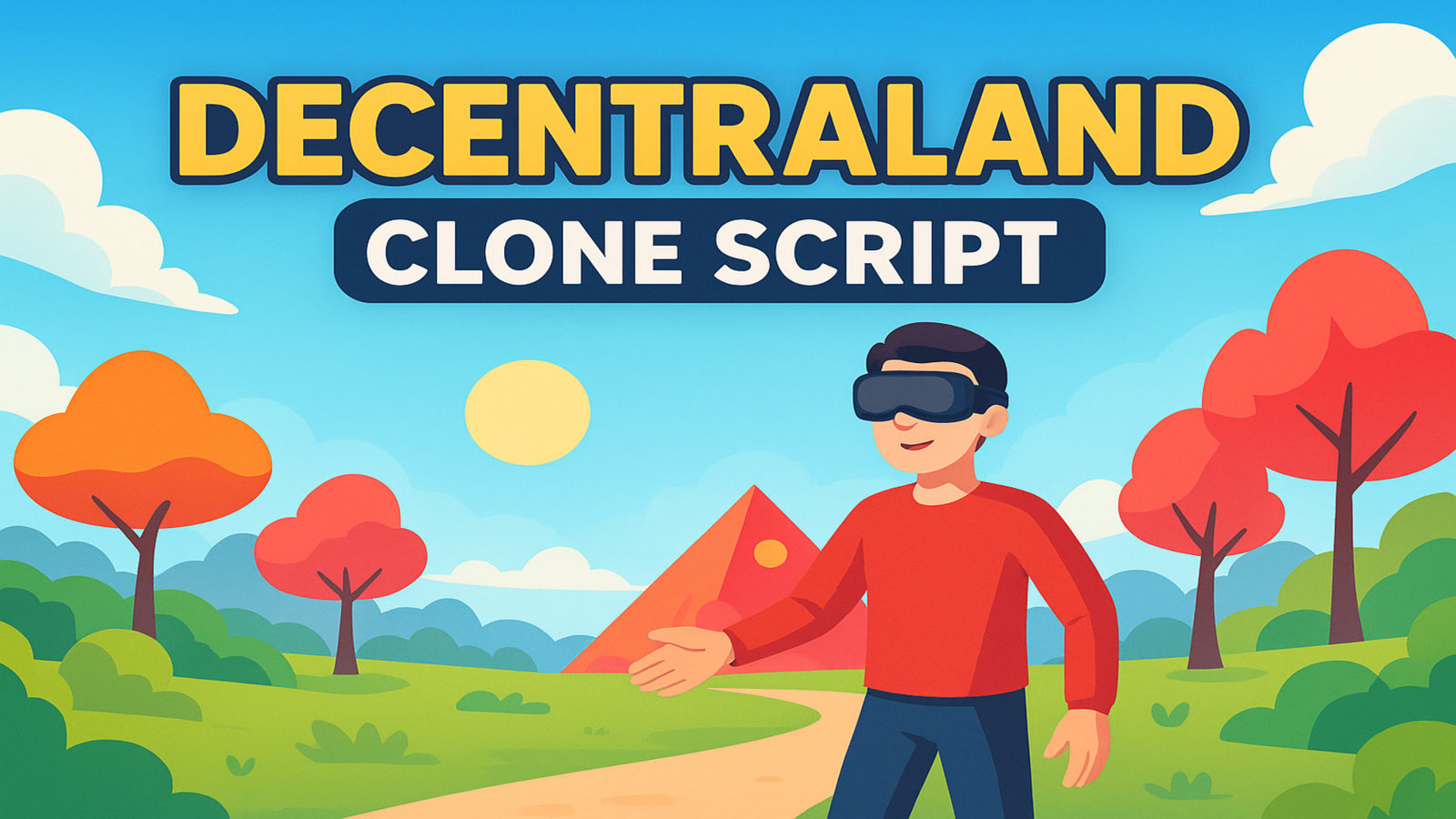
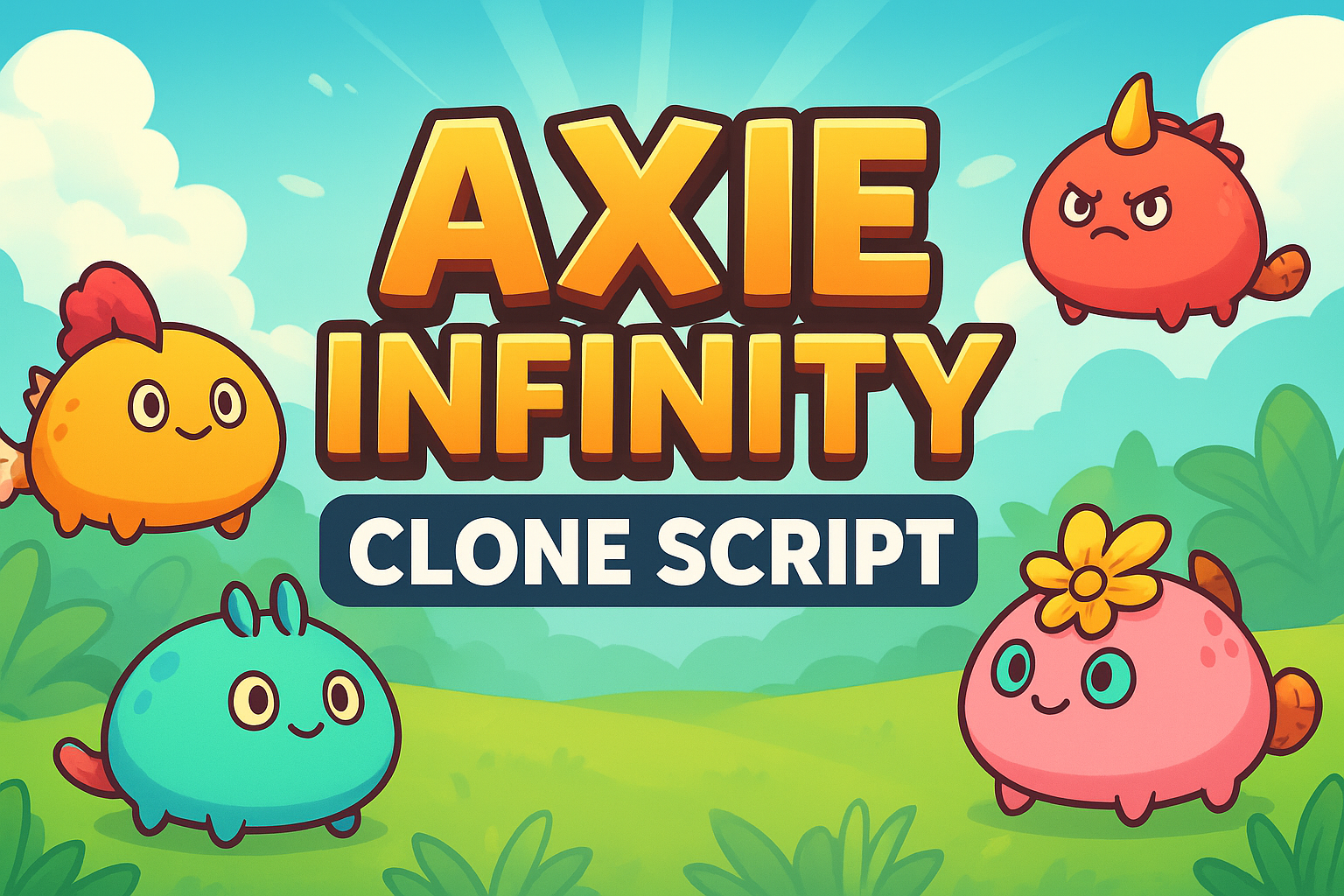
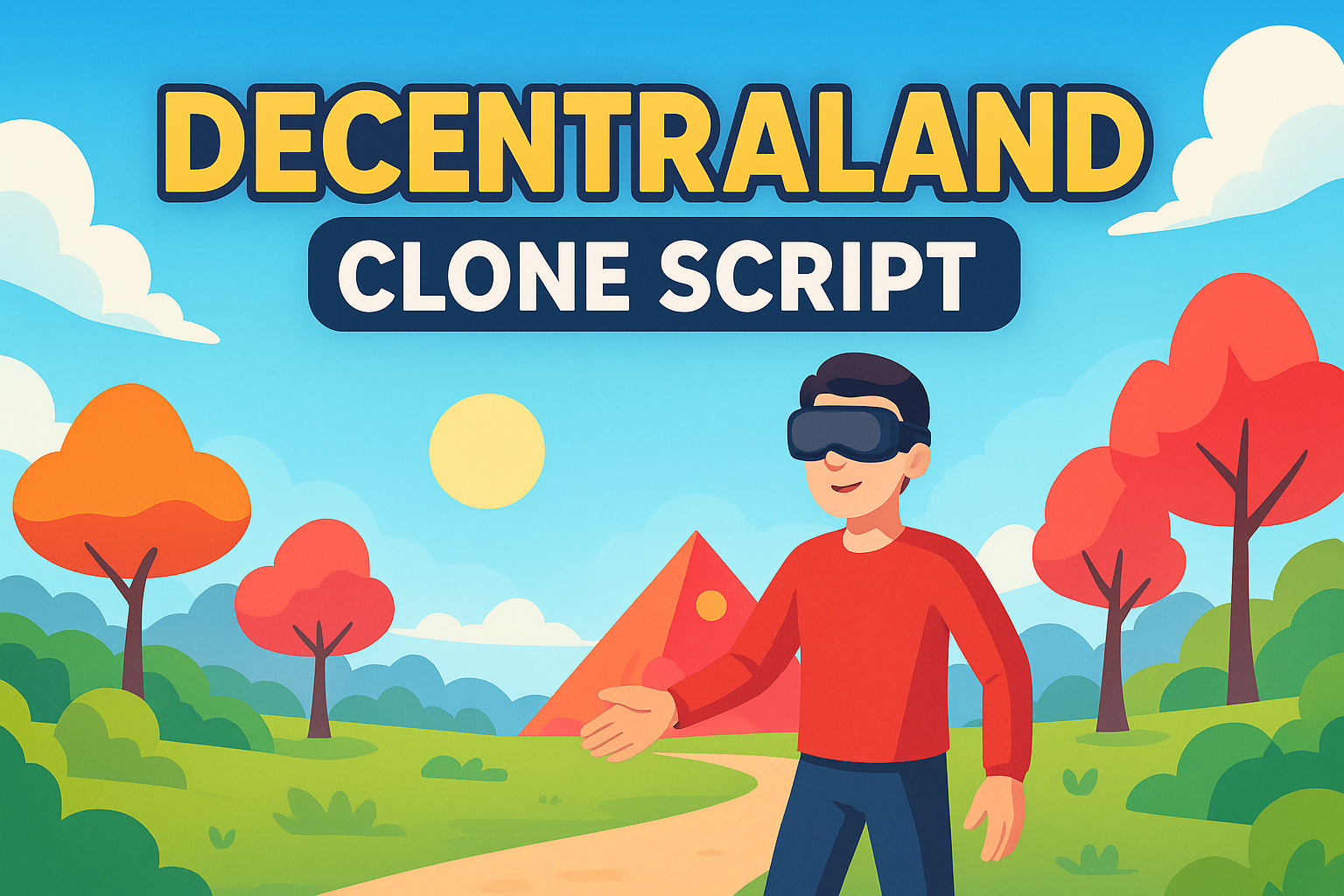

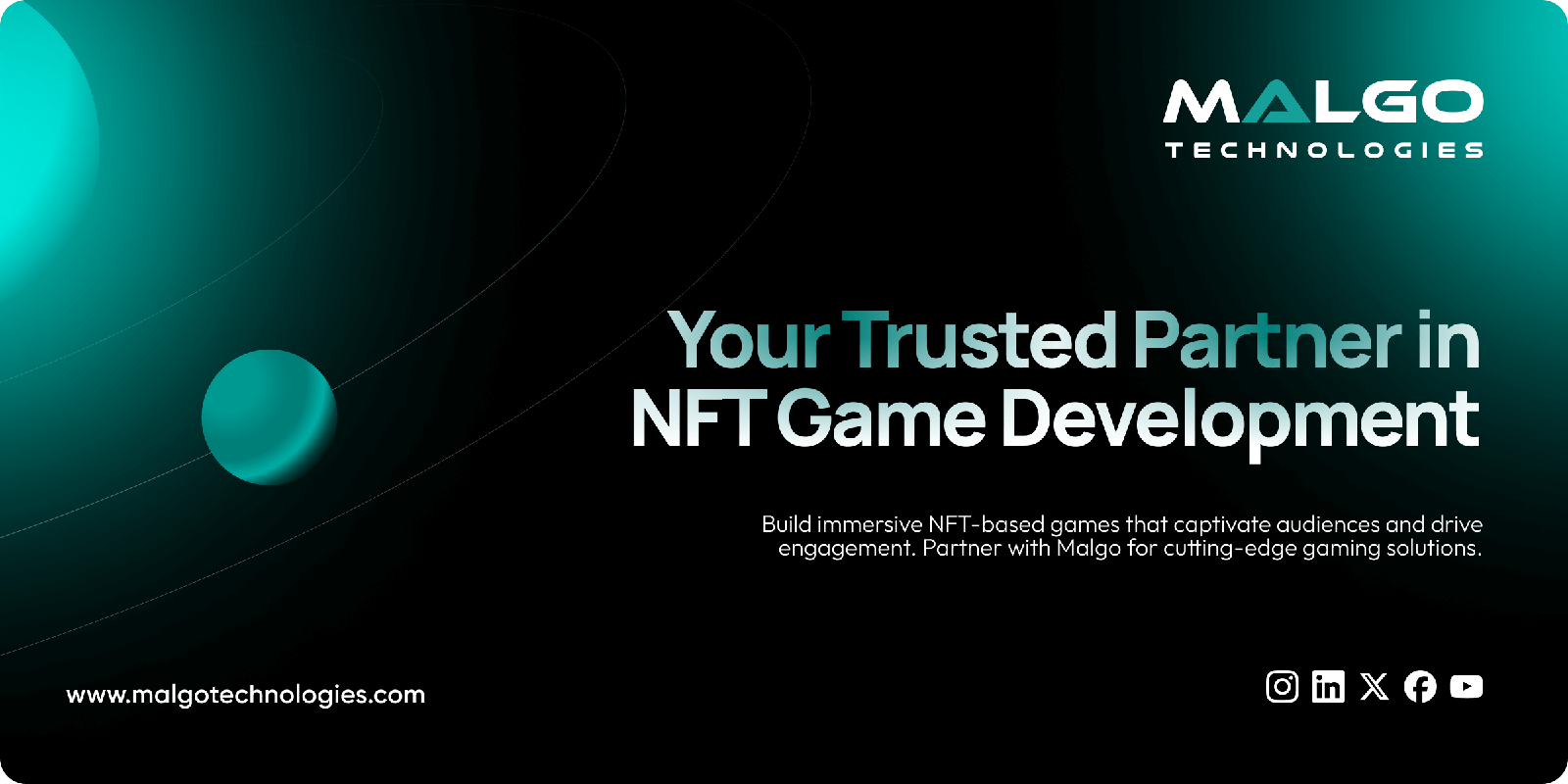


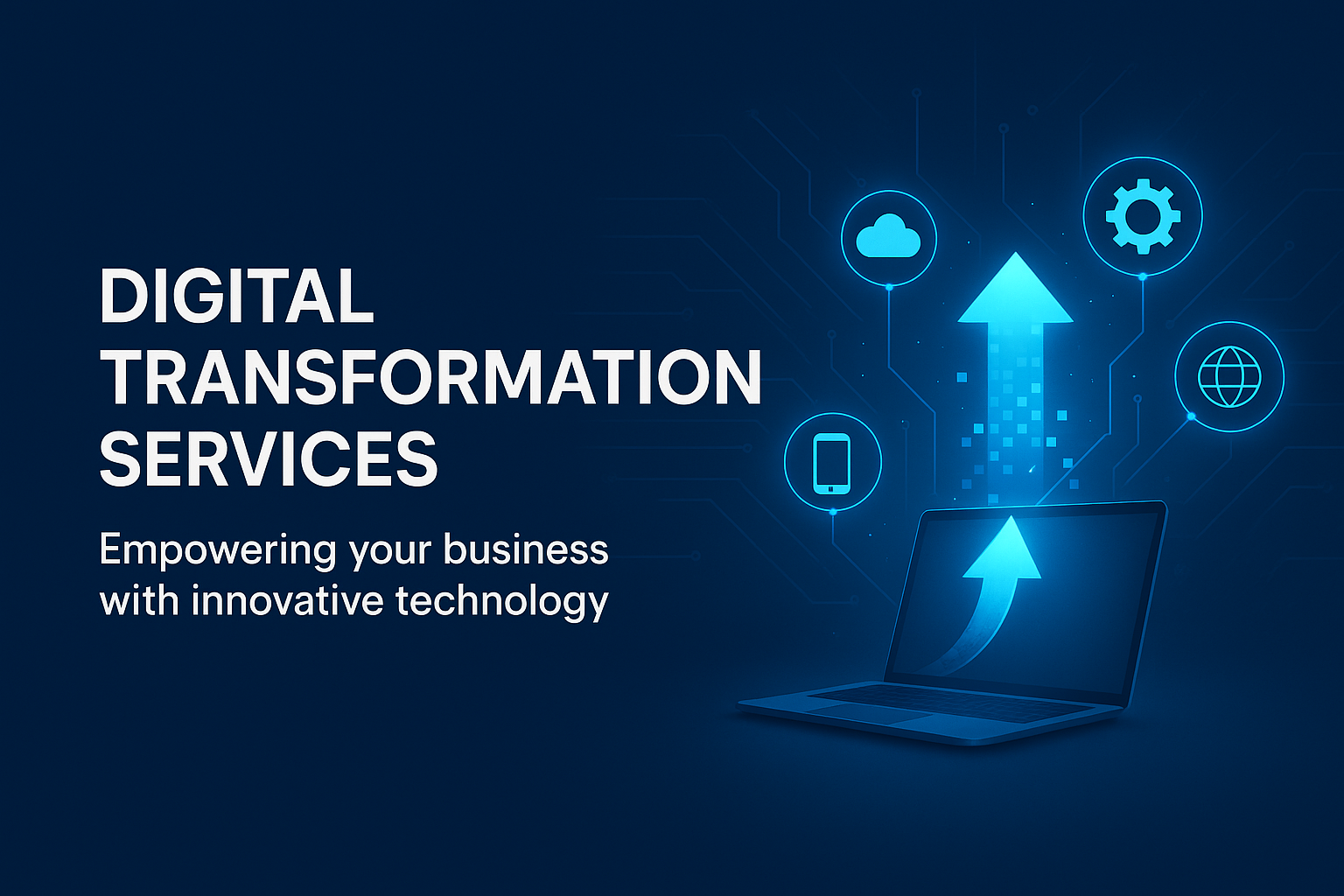
Write a comment ...